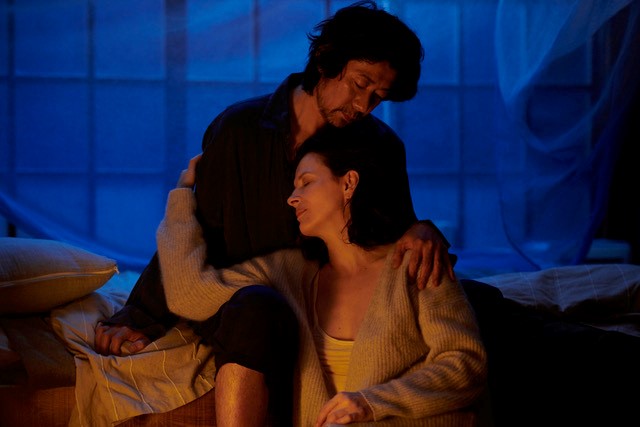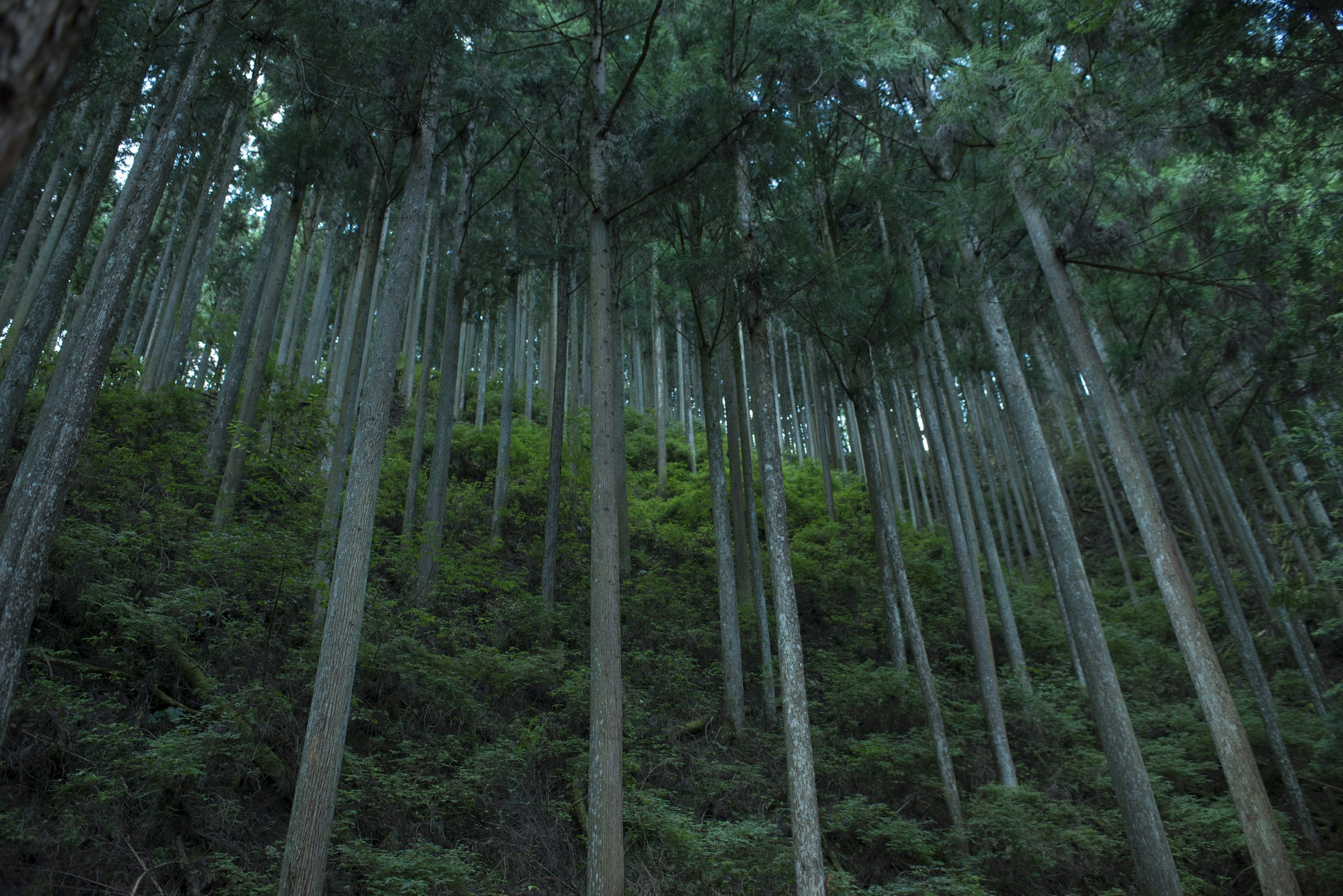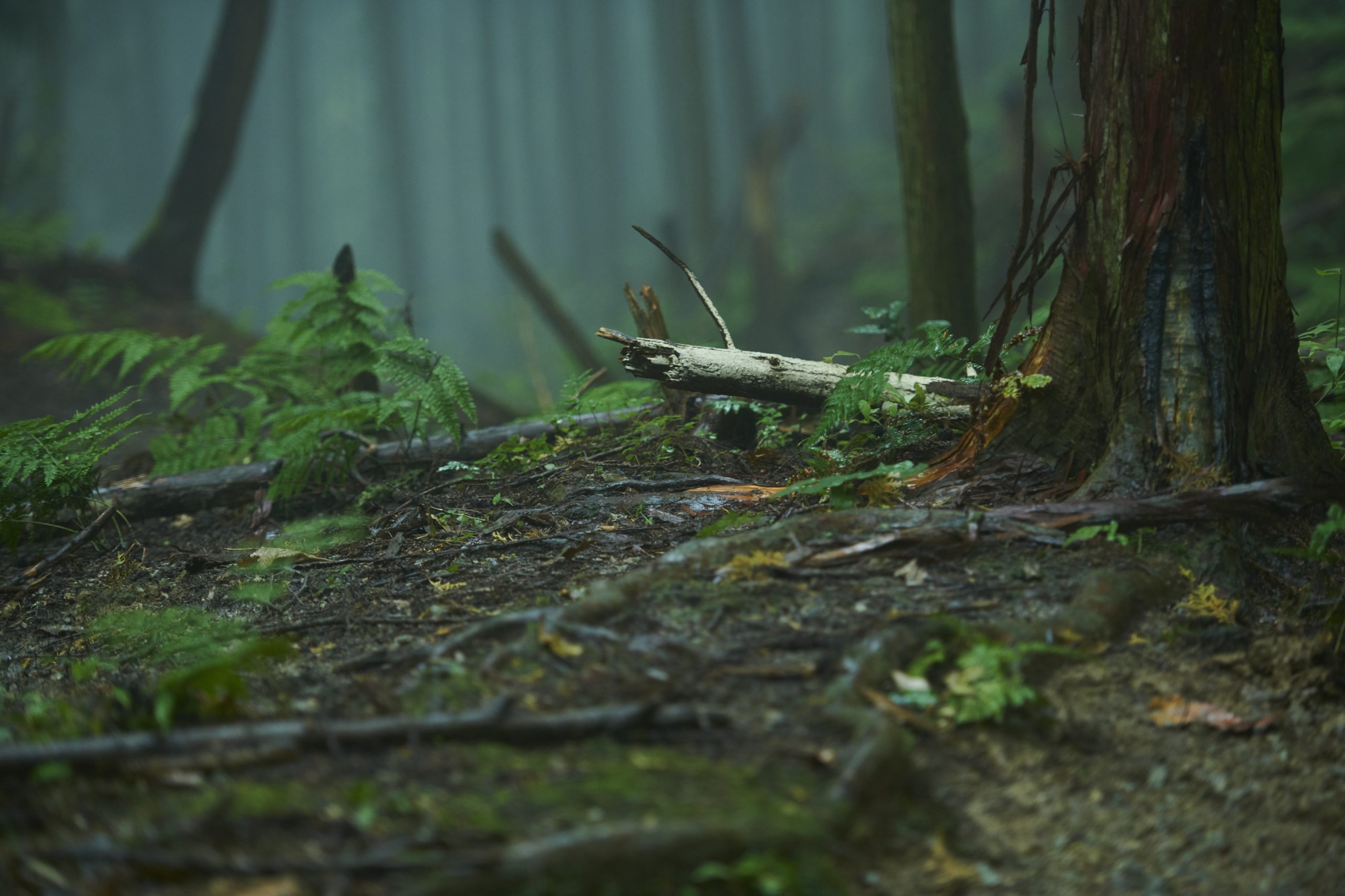
Japanese film director, Naomi Kawase, delivers a suave homage to the interactive complex of biological and nonbiological worlds on the planet, through her Vision. The French-Japanese drama — starring Juliette Binoche and Masatoshi Nagase, with Takanori Iwata, Minami, Mirai Moriyama in supporting roles — is part of Japan Society’s ACA Cinema Project series Flash Forward: Debut Works and Recent Films by Notable Japanese Directors.
The film tells the story of Jeanne, a French woman (Juliette Binoche), who goes searching for the plant-or-fungus known as Vision, that legends locate in the fog-enshrouded forests of Nara Prefecture. The unique medicinal herb grows every 997 years and is credited with the ability to end the distress, weakness and existential pain of human beings. When Jeanne reaches the Yoshino Mountains she meets Satoshi (Masatoshi Nagase), a ranger who in turn protects Aki (Mari Natsuki), a local sage who appears to be directly connected with the spirits of the forest.

The encounter between the French lady and the Japanese wildlife-warden will lead to a transcendental journey, portraying nature through the concept of the Gaia Hypothesis: Mother Earth is seen as a living organism that creates a synergetic and self-regulating system betwixt the physical components of the planet and the Earthlings that dwell on it. This philosophical voyage is further enriched by Jeanne’s theories about the role of prime numbers in nature.
Vision, presented at the Toronto and San Sebastián Film Festivals, is shot with grace and attention to coalescing the fantastical with the natural. Kawase’s background in documentary filmmaking transpires in Vision, as the narrative portrays the exuberant landscape in all its grandeur, and takes its course to the exploration of the physical world, and human’s perception in it. The peace and quiet of the setting transpires in the silences, that are interrupted by the chirping of the birds or the buzzing of the cicadas. In this manner, the forest becomes another character in Vision, perhaps the most important, capable of influencing the experience of humans who are wandering through this chimerical environment.

As the story progresses the surrealist magic of lyricism takes over, as flashbacks try to shed a light on Jeanne’s past. The herbal MacGuffin, that motivates the action of the characters, provides a mystical allure that is so highly embellished by Kawase’s camera mastery, allowing the film to come across as a wondrous Vision (pun intended).
Final Grade: B+

